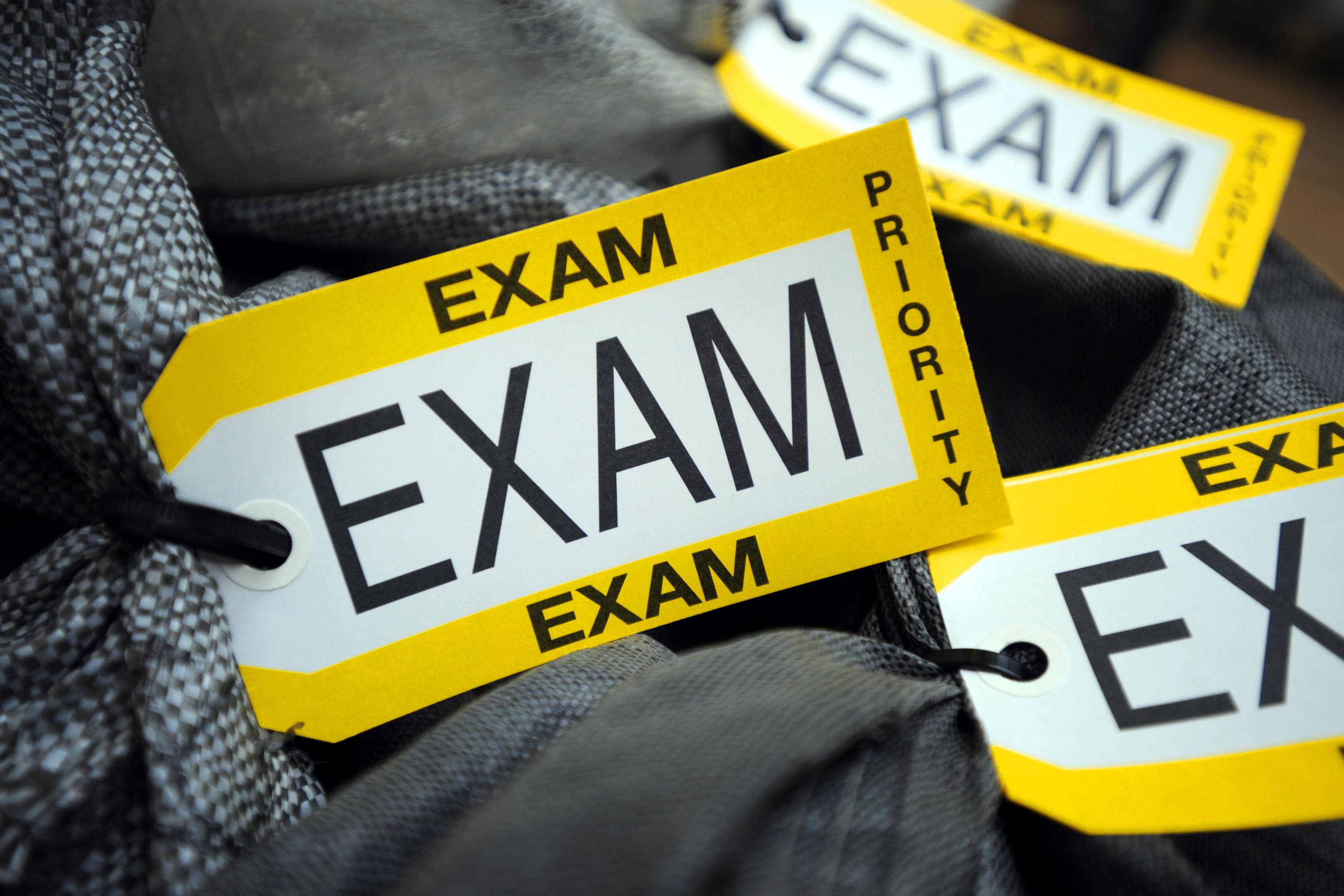School leavers face competition for university places amid population growth
Students have been told to ‘thoroughly consider’ all options available ahead of A-level results day next month.

Your support helps us to tell the story
From reproductive rights to climate change to Big Tech, The Independent is on the ground when the story is developing. Whether it's investigating the financials of Elon Musk's pro-Trump PAC or producing our latest documentary, 'The A Word', which shines a light on the American women fighting for reproductive rights, we know how important it is to parse out the facts from the messaging.
At such a critical moment in US history, we need reporters on the ground. Your donation allows us to keep sending journalists to speak to both sides of the story.
The Independent is trusted by Americans across the entire political spectrum. And unlike many other quality news outlets, we choose not to lock Americans out of our reporting and analysis with paywalls. We believe quality journalism should be available to everyone, paid for by those who can afford it.
Your support makes all the difference.School leavers face competition for university places this summer due to more 18-year-olds in the population, Ucas and Ofqual bosses have said.
Ahead of A-level results day next month, students have been told to “take some time to thoroughly consider” all options available to them – including degrees, apprenticeships and employment.
But students should be “mindful” that the most selective courses “do get filled quickly”, Ofqual’s chief regulator Jo Saxton and Ucas’ chief executive Clare Marchant have said.
A joint letter from the exams regulator and university admissions service reminds students in England awaiting their results that GCSE, AS and A-level “grading standards are returning to normal” following pandemic disruption.
It comes after Covid-19 led to an increase in top grades in 2020 and 2021, with results based on teacher assessments instead of exams.
The letter to students says: “There is, however, some grading protection built in to the overall national results (not at individual student level), because of the disruption students have faced.
“This protection won’t boost your marks by whole grades, but it will mean that the quality of work required to achieve a grade is ever so slightly lower than would have been needed before the pandemic.”
It adds: “Universities understood what grades will look like overall this year and took this into account when making offers.
“They also look at the full range of information within the Ucas application, including the personal statement and reference.”
Take some time to thoroughly consider all your options – but be mindful that the most selective courses do get filled quickly
The letter, which has been published ahead of the summer holidays, acknowledges that “there will be competition for higher education places again this year” due to a growth in 18-year-olds in the population.
It adds: “But be assured, there will be many options to choose from, whether exploring an undergraduate degree, thinking about an apprenticeship or employment.
“Take some time to thoroughly consider all your options – but be mindful that the most selective courses do get filled quickly.”
The letter, from Dr Saxton and Ms Marchant, urges students to “get ahead” and research their options in advance of A-level results day to explore all pathways, including apprenticeships, before making a final decision.
Of the 21,000 students who did not have a higher education place on results day last year, 58% went on to secure a place, according to Ucas figures released in September.
The letter adds: “Once you know your grades, clearing offers you the chance to re-evaluate your choice regardless of whether you receive predicted, better or lower grades, and there will be thousands of courses available.”
A debate about the challenges and opportunities created by rising demand was launched by Ucas in March as it predicted there could be 30% more applicants to higher education by the end of the decade.
Last month, Ucas warned that more disadvantaged students could miss out on university offers by 2030 due to increased competition for places.